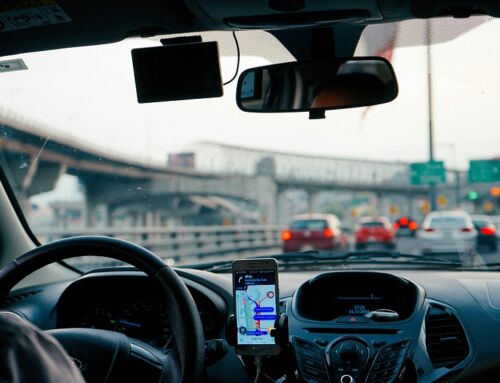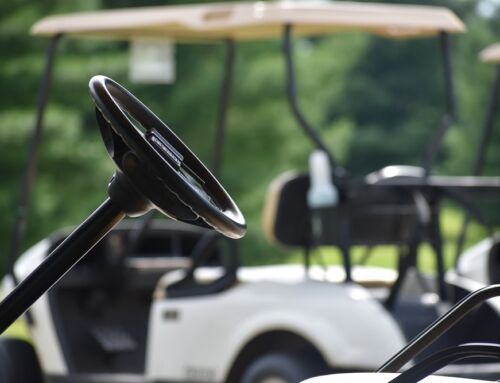There is a coverage on many people’s auto insurance called “Medical Payments Coverage” (“Med Pay” for short) which is intended to help you out with paying the medical bills that you receive due to a car crash. This coverage is referred to as “no fault,” meaning it doesn’t matter whose fault the crash is, if you have the coverage your insurance company is obligated to pay the bills.
While there are a number of issues that can arise with this type of coverage, one of the biggest issues is an auto insurance company refusing to pay the bills because: A) they believe they are unrelated to your crash or B) they believe the bills are “unreasonable” in their value and they only need to pay “reasonable” medical bills.
The short answer to the title of this article is yes, an insurance company can refuse to pay your medical bills after a car crash and usually do so for the reasons above. This can cause great financial hardship for their insured and ultimately can cause just as much headache as the lawsuit against the negligent person that caused the car wreck.
So, what can you do when your auto insurance company refuses to pay?
What are your rights?
In short, when you sign up for auto insurance (or most other types of insurance) your insurance provider owes you a duty of “good faith and fair dealing.” This essentially means they have to treat you [somewhat] fairly in their dealings with you. This includes the obligation to refrain from: (1) making an unfounded refusal to pay policy proceeds; (2) causing an unfounded delay in making payment; (3) deceiving the insured; and (4) exercising any unfair advantage to pressure an insured into a settlement of his claim. Some additional responsibilities are also laid out in Indiana’s Unfair Claim Practices Act (IC 27-4-1-4.5).
As you can probably guess, the big ones applicable to the Med Pay situation are Number 1 and Number 2. The claim can be made by an insured that what the insurance company is doing is making an unfounded refusal to pay the Med Pay or causing an unfounded delay in making the payments as they continue to investigate or try to have you get additional records or bills.
While this is a protection for you, unfortunately it won’t stop an insurance company from refusing to pay in the first place. Actually, proving a “Bad Faith” case is very difficult as the insurance company will simply claim they were doing their due diligence and were acting reasonably after you were in the car crash.
So, in summary, yes your auto insurance company can refuse to pay your medical bills if you are involved in a car accident, but you do have options to force them to pay or, if need be, to try to hold them accountable. Unfortunately, you would almost certainly need an attorney to help with such a Bad Faith case. Indiana’s bad faith laws, while complex, are very valuable tools in a personal injury attorney’s tool kit and ultimately help protect normal people from the bad behavior of their insurance companies. A claim of bad faith will often get them to pay the claim. But beware, that is not the end because after they pay Med Pay they are entitled to reimbursement for what they paid out (i.e. Subrogation) once you settle the liability case against the person who hit you. So ultimately most of what they pay out will be reimbursed, at least in part.
The situation faced by many people after a bad car wreck where their own insurance company won’t pay medical bills is one that our firm, the Hurst Limontes LLC, deals with on a regular basis. If you or someone you know has been injured in a car accident & their insurance company is refusing to pay her medical bills, we here at the Hurst Limontes LLC are dedicated to fighting for your rights no matter how aggressive the insurance company’s lawyers are. Feel free to call us at 317-636-0808 or visit us online at www.hurstlimontes.com for a free consultation today.




